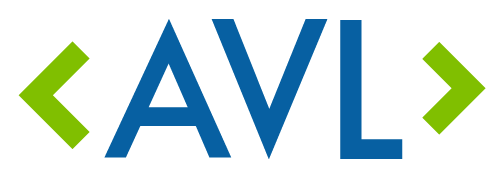I walked into my first Code for Asheville meeting in December 2013 at the invitation (well, ok, arm-twisting) of Dave Michelson, co-founder of the brigade together with Scott Barnwell. I walked back out knowing two things: that I had discovered something truly important, compelling and right; and that my personal mission in the group would be to help figure out how to make Code for Asheville more effective and more sustainable.
Since then, through the amazing leadership of Scott and Dave, followed by Patrick Conant and Jesse Michel, Code for Asheville has come a long way as an organization and has had a significant impact on the community. Yes, we have carried out projects, organized events, and won the adoption of an open data policy by the Asheville City Council. But I believe our impact is deeper than that.
I think Code for Asheville has been instrumental in helping our community discover new ways of thinking about the relationship between citizens and government, ways that are made possible by technology, but are fundamentally about deepening our democracy. Our members have worked to spark and support data-driven conversations about hard issues; have built tools to showcase better ways to share information, collaborate, and advocate; and have worked closely with community groups to find ways that they might solve their own challenges.
Our governments and our community are different and better today thanks to Code for Asheville.
So we should just keep on keeping on, right?
A couple months ago we made a relatively minor change: Jesse stepped down as co-captain of the brigade. It was a change in role, not commitment; he and others continue to step up and help, just as they always have, and now Jesse has more time to devote to working on projects rather than organizing and planning.
From my perspective, though, it’s been a huge change. It’s not the amount of work – that’s actually about the same. What’s changed is that too much of the deciding now sits on me and that feels wrong. And it’s not that it was so right before; it’s just that reducing the leadership from two to one makes the wrongness so much more obvious. And I suspect that getting another co-captain or recruiting a small leadership team would just re-mask the underlying issue.
Because it’s more than just who gets or has to make the decisions. I am convinced that we’ve never been able to unlock more than a tiny fraction of the energy we could be drawing on here in Asheville and that that is largely a function of how we operate. This is a good time to start exploring some alternatives.
I’m not sure exactly what those alternatives should be — that’s something we’re going to have to figure out together. But here are a few ideas that might get us started:
- Double down on our connections into our communities. We can continue to do that through partnerships, but perhaps we could simply draw more of our members from more different places? How do we build the relationships that would allow that?
- Make it easy for a much wider range of people to participate. The national brigade rallying cry states that we put “technology to work for the benefit of our local communities”. That hardly requires a degree in computer science – it often just means knowing how to use a smartphone, create a website, or use a spreadsheet to solve a problem. There are a LOT of people in our community who can do that, or learn to do it. How can we empower them?
- Build stronger connections with non-IT local government staff (City and County). We may help them envision new approaches to old challenges. They can offer us deep expertise and a possible home for solutions we develop. How do we get those conversations going?
- Improve our internal communication and project management capabilities. Sometimes our biggest challenge is simply to organize and talk about the work so that those interested know what the opportunities are and how they can help. How do we build that capacity internally or partner with UniteWNC and others to make this work better?
At our Community Night this Thursday, we’ll be talking about how to take the Imagining a Better Asheville exercise we did last month into the community, perhaps as part of the National Day of Civic Hacking on September 23. That seems like a good opportunity to bring in this larger discussion as well.
And if you have any thoughts before then or can’t make it Thursday, please share them with me and with others in the group on Slack or in email.
Hope to see you Thursday!
